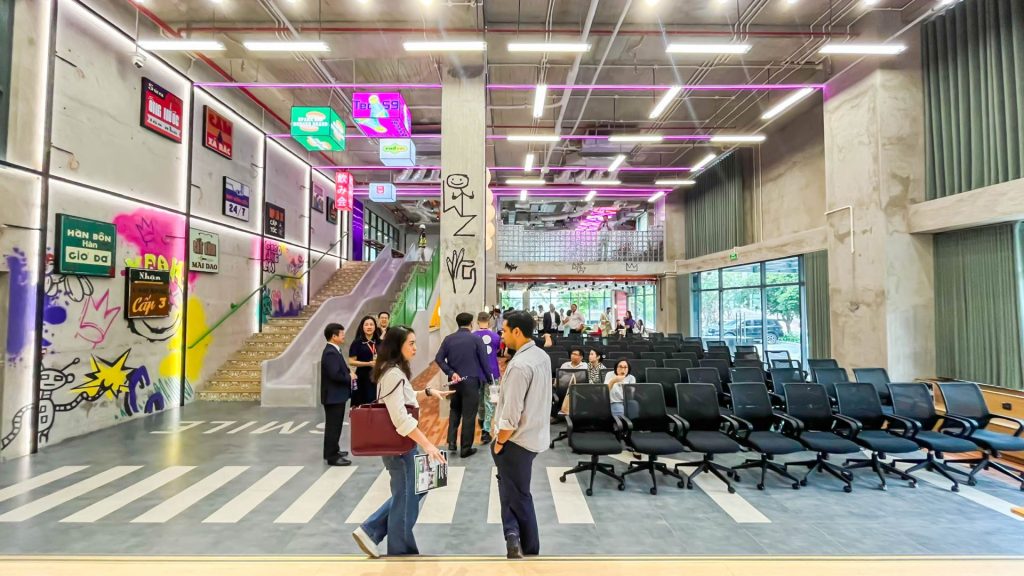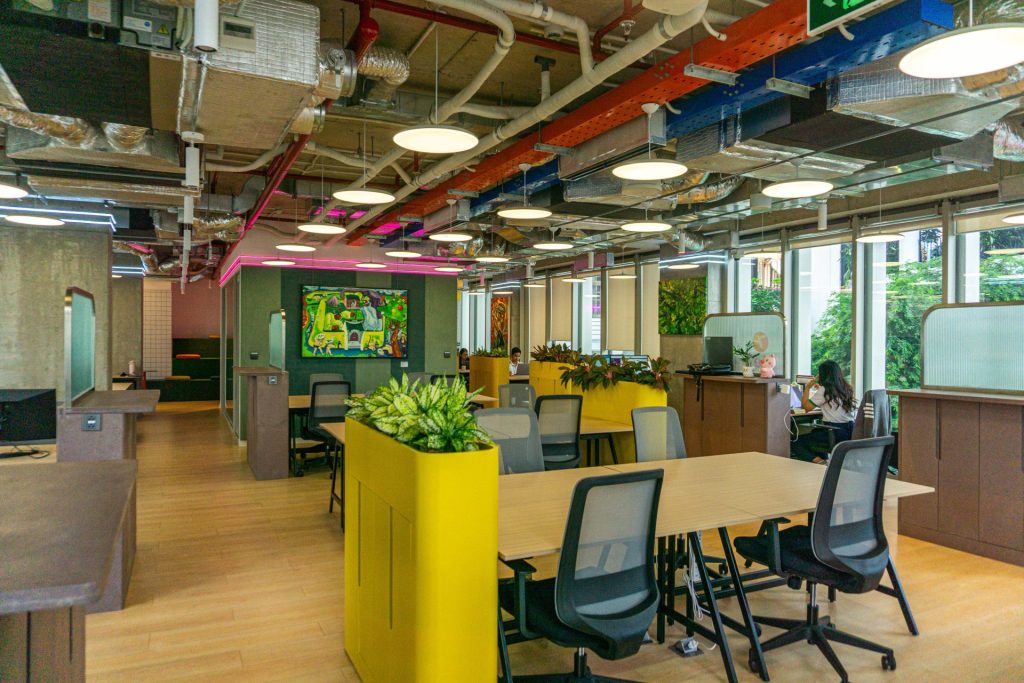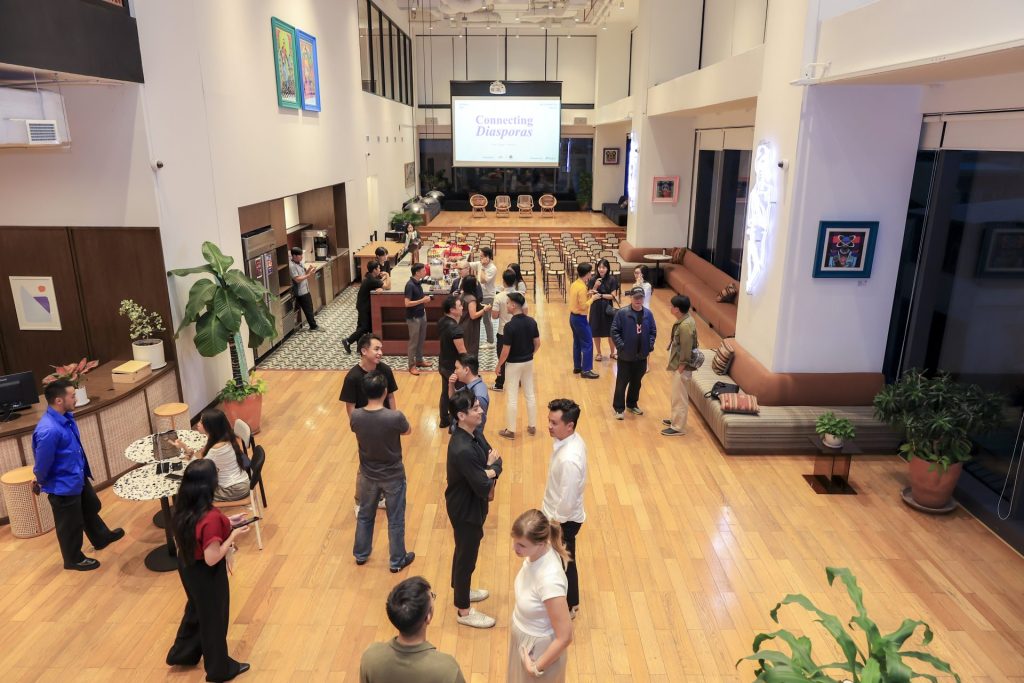How Flexible Working Can Benefit Your Team and Your Business
The old way of working, the standard 9-to-5 in the office five days a week, has been the norm for a long time. But things are really changing now. Technology keeps getting better, people expect different things from their jobs, and we’ve all learned a lot from recent world events. Because of all this, flexible working is shifting from being a nice-to-have extra to a common way companies operate.
So, what does flexible working actually mean? And maybe more to the point, how can it genuinely help your employees and your company’s success?
What is Flexible Working? It’s More Than Just Working From Home
First off, it helps to understand that flexible working isn’t just one thing. It’s a general term for different setups that move away from everyone being in the office during set hours. It’s about giving people more say in when, where, and how they get their work done.
Some common ways this looks are:
- Flexitime: People work their main hours but can choose their start and end times within certain limits.
- Compressed Hours: People work their total weekly hours but fit them into fewer days, like working a 40-hour week in four days instead of five.
- Remote Working (or Telecommuting): People work completely, or almost completely, away from the main office, usually from home.
- Hybrid Working: This mixes remote work with time in the office. Sometimes there are set days for being in, or people might choose when to come in based on team needs or guidelines.
- Job Sharing: Two or sometimes more people share one full-time job, splitting the tasks, hours, and salary.
- Part-Time Working: People work fewer hours than the standard full-time schedule.
- Staggered Hours: Different groups or individuals start and finish at different times. This can help cover longer business hours or manage how many people are in the office at once.
What connects all these approaches is moving away from a one-size-fits-all schedule. They offer adaptability that can fit individual situations and what the business needs. Often, putting flexible working into practice well means using a mix of these options to build the right plan for your company.
Benefits of Flexible Working for Your Team
Offering flexible working arrangements sends a powerful message to your employees: you trust them, value their well-being, and understand that work is just one part of a balanced life. This fosters a positive culture and yields significant benefits for individuals and teams:
Better Work-Life Balance
This is probably the benefit people talk about most. Flexible working lets people fit their job around other life commitments. Maybe that’s looking after kids or parents, studying, getting to appointments, or just having more time for themselves. When people aren’t so stressed trying to juggle everything, they tend to be happier and less likely to burn out. This often means they’re more focused and present when they are working, and they might feel more loyal to the company too.
More Independence and Feeling Trusted
Giving people some control over their schedule or location helps them feel more independent and trusted. Nobody likes being micromanaged. When flexible working is set up with clear goals, it empowers people to manage their own time and tasks. This responsibility often makes people feel better about their job, more motivated, and more invested in doing good work. They feel treated like capable adults who can deliver without someone constantly looking over their shoulder.
Less Commuting Hassle and Expense
For many people, the daily trip to and from work eats up time, costs money, and adds stress. Cutting out or reducing the commute saves people time they can use for other things (work, family, relaxing) and money they would have spent on gas, public transport, or car maintenance. It’s also a plus for the environment, with fewer cars on the road.
Improved Health and Well-being
Flexibility can genuinely help people feel better, physically and mentally. Less stress from commuting, maybe more time for a walk or preparing healthy meals, and getting enough sleep all add up to better physical health. On the mental side, feeling less stressed, having more control, and achieving a better work-life mix can ease anxiety and help prevent burnout. This leads to a team that feels better and can focus more effectively.
Opening Doors for More People
Flexible work arrangements can make jobs accessible to talented people who might struggle with traditional setups. This could include people with certain health conditions or disabilities, those caring for family members, people living far from your office locations, or individuals who simply focus better in a different environment. By removing some physical and time barriers, flexible working lets companies find talent from a wider, more diverse group of people.
Benefits of Flexible Working for Your Business
While the benefits for employees are pretty clear, the advantages for the business itself are just as strong. They can affect productivity, costs, and how well the company runs overall:
Better Productivity and Performance
It might sound backward to some, but lots of companies find that flexible working can actually lead to people getting more done. Working from home might mean fewer typical office interruptions. People using flexitime can work when they feel most productive. Maybe the biggest factor is that feeling trusted and having flexibility often makes people want to do their best work in return. The focus naturally shifts from just being present to achieving results, which encourages people to work smarter.
Attracting and Keeping Talent
In the current job market, flexible work isn’t just a bonus; many people expect it. Offering real flexibility gives companies a genuine advantage when trying to hire talented people who value having control over their work life. It’s also a great way to keep the good people you already have. Staff who feel trusted and have work arrangements that fit their lives are less likely to leave. This cuts down on the high costs and disruption that come with replacing experienced employees.
Lower Running Costs
Companies can save noticeable amounts of money, especially if they adopt remote or hybrid ways of working. Needing less office space can mean lower rent and bills for things like electricity, heating, and cleaning. You might also spend less on office supplies. While you might need to invest in technology to support flexibility, these costs are often less than the savings on building upkeep.
Making the Business More Adaptable and Resilient
A team that’s used to flexible working, backed up by good digital tools, makes the whole business more adaptable. It’s easier to handle unexpected events, whether it’s a local issue like bad weather or a bigger crisis. Having people working from different locations means the business can keep running even if one office isn’t accessible. This ability to adjust is really valuable in today’s fast-changing world.
Happier, More Engaged Employees
When people feel their needs are considered and they have some say over how they work, their spirits and engagement levels usually go up. Engaged employees are generally more committed, come up with more ideas, and contribute positively. Good morale leads to a better working atmosphere and higher productivity, which directly helps the business.
A Stronger Reputation as an Employer
Companies known for offering good flexible working options are often seen as modern and caring employers. This positive image helps with hiring and also improves how customers, investors, and the public see the company.
Flexibility is Here to Stay
Looking at how things are going, flexible working appears to be more than just a passing phase; it feels like a lasting change in the world of work. It offers a compelling mix of benefits that improve people’s lives, increase their engagement, help companies find and keep great staff, potentially boost productivity, save on costs, and build more resilient organizations.
If your business is embracing flexible work models in Ho Chi Minh City, or if you’re a remote worker seeking a productive and professional environment, The Sentry provides premium coworking spaces designed for modern needs.
Ready for your flexible working experience? Visit The Sentry to learn more.
YOU MAY BE ALSO INTERESTED IN
What is The Difference Between a Leader And a Manager?
Many people use the words leader and manager as if they mean the same thing, but they describe two very different approaches to guiding a team. While a person can be both, understanding the distinction helps you identify your own strengths and see what your team truly needs. Are you a manager who directs tasks, […]
What is a Serviced Office and How Does It Work?
As businesses increasingly seek flexible office models, the serviced office has emerged as an optimal choice for many companies. However, people often confuse serviced offices with co-working spaces. Although both aim for flexibility, they have clear differences in structure, privacy, and the types of users they attract. Let’s explore what is a serviced office and […]
Where is the Best Place for a Representative Office in Ho Chi Minh City
Ho Chi Minh City is a bustling hub of commerce and culture in Southeast Asia. The city’s dynamic energy and economic growth make it an attractive destination for foreign businesses looking to expand into the Vietnamese market. But with so many options, finding the right location for your representative office in Ho Chi Minh City […]

Interested in this location?
Complete the form below to book a tour or connect with one of our team members to find out more.









